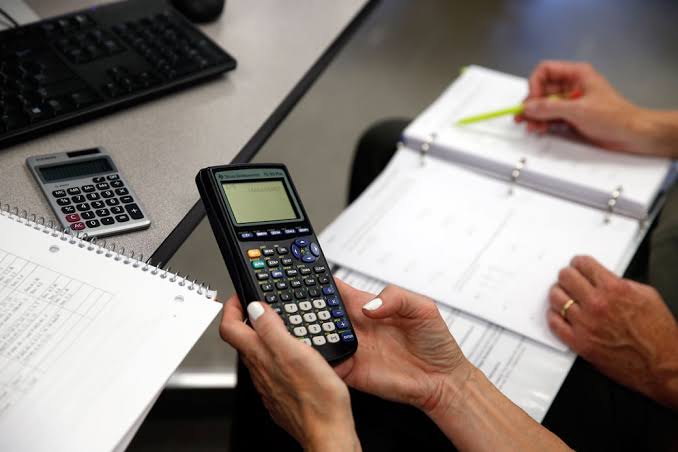The Importance and Value of Calculators in Schools
Last Updated on February 8, 2024
With the constant advancement in technology, there is no doubt about the need to keep up with its dynamics and involve technology in every intrinsic part of society. Failing to do so can leave a community or nation at the mercy of more developed worlds.
The simple calculator, invented nearly fifty years ago, has evolved from the basic Abacus to the digital calculator. This digital tool is capable of performing simple four-function operations (addition, subtraction, multiplication, and division). We also have more sophisticated machines capable of executing highly technical algebraic symbolic manipulations with high accuracy and speed.
Calculators come in various types, models, sizes, and designs to fit various budgets and user preferences. They are very portable and have found their way into various institutions, including schools.
But what does this mean for learning institutions?
Should Calculators be Allowed in Schools?
There is a controversial belief surrounding the introduction of calculators in schools. Some argue that it may be detrimental to students’ academic health. Certain math teachers assert that calculators make students lazy and hinder their development of number fluency and curiosity about the underlying principles of mathematics.
However, this assertion holds true primarily when calculators are introduced at the elementary stage of education. This is because, at that stage, a solid foundation in math principles and basic arithmetic calculations is crucial. In reality, calculators play significant roles in school settings.
For mathematics students and those in math-dependent courses such as Engineering and Accounting, a calculator is a tool. It aids in solving complex problems that involve large datasets and statistics. These tasks would otherwise be too cumbersome and time-consuming to tackle manually.
Calculators motivate students to tackle complex problems and also save them considerable time while maintaining high levels of accuracy. Additionally, calculators help students appreciate the usefulness of technology in problem-solving and decision-making processes.
During examinations, where students’ knowledge is tested on specific subjects with technical questions, calculators provide invaluable assistance by offering diverse methods or approaches to dealing with them.
Calculators for Research and School Management
In research, which serves as a tool in data acquisition through statistical tables or graphs, a range of calculators such as graphical and printer calculators offer on-site feedback, making research and fieldwork less strenuous and time-consuming, particularly when working against project deadlines.
Various forms of calculators, such as the GP calculator, help students and school management keep track of student performance. Portable and versatile, calculators can be easily carried anywhere, aiding in tasks ranging from checking daily expenses to staying within budget, settling arguments between friends, or designing and modeling inventions. In learning institutions, calculators are essential tools for both students and educators alike.
Nickzom Calculator stands as a modern solution to mathematical challenges in education. With its diverse functionalities, including advanced algebraic calculations and data analysis capabilities, Nickzom empowers students and educators alike to excel in academic pursuits, embracing the power of technology in learning.
Explore the power of Nickzom calculator here:
- https://www.nickzom.org/calculator (Web)
- https://itunes.apple.com/us/app/nickzom-calculator/id1331162702?mt=8 (iOS)
- https://play.google.com/store/apps/details?id=org.nickzom.nickzomcalculator&hl=en (Android)
- https://play.google.com/store/apps/details?id=com.nickzom.nickzomcalculator&hl=en (Android Free)





